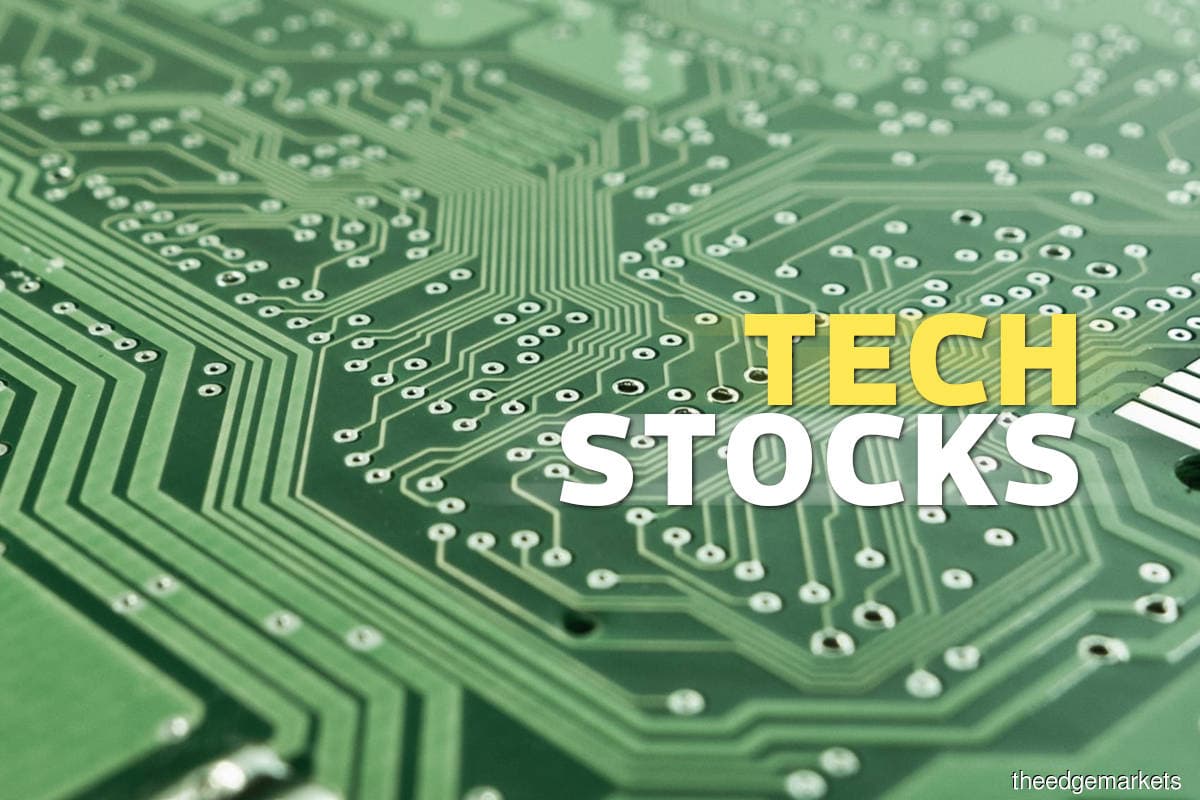
KUALA LUMPUR (July 28): Bursa Malaysia’s semiconductor counters were among the top gainers in Thursday’s (July 28) trading session, as Malaysia saw muted impact from the US Chips Act.
Malaysian Pacific Industries Bhd (MPI), which is currently trading at a historical price-to-earnings-ratio (PER) of 19.79 times, was the top gainer at the closing bell across the local bourse. MPI’s share price was RM1.36 or 4.4% to settle at RM32.26 on Thursday — the highest since June 9, when the stock was traded at RM32.38 — with some 428,000 shares exchanging hands.
At RM32.26, MPI is valued at RM6.77 billion.
Fourth gainer KESM Industries Bhd climbed to a one month high as the stock rose 32 sen or 4.58% at RM7.30, giving it a market capitalisation of RM314.01 million. Its PER stood at 89.33 times.
Also closed at a one-month high, Unisem (M) Bhd with a PER of 21.9 times, finished higher by 9.09% or 23 sen to RM2.76, translating into a market value of RM4.45 billion. Meanwhile Vitrox Corp Bhd (38.03 times of PER) grew 2.84% or 21 sen at RM7.61, valuing it at RM7.19 billion.
In addition, Unisem and Vitrox’s share price performance was also driven by their latest financial results announcement for the first half ended June 30, 2022 (1HFY22).
Unisem’s 1HFY22 net profit surged 156% year-on-year to RM256.55 million from RM100.5 million, as revenue increased 14.47% to RM888.505 million compared with RM776.17 million a year earlier. The higher earnings was mainly attributable to increases in average selling prices, coupled with the appreciation of the US dollar/Malaysian ringgit exchange rates.
Vitrox, on the other hand, registered a net profit of RM101.375 million, a 24.64% higher than the RM81.34 million the prior year, on the strengthening of US dollar and a favourable product mix. The group’s revenue rose 14.9% to RM374.67 million from RM326.08 million, driven by strong demand from Automated Board Inspection.
In a note on Thursday, PublicInvest Research said the country’s semiconductor sector would see a muted impact from the recently passed US$52 billion (about RM231.66 billion) US Chips Act — the Bill that has been lobbied for by US lawmakers as a key part of the ongoing US-China competition, both economically and as a matter of national security, given the intent on reducing reliance on Asian chip suppliers.
The Chips Act allocates US$39 billion tax breaks and subsidies to semiconductor companies investing in fabrication facilities (fabs) in the US, and it offers another US$11.2 billion for semiconductor research and development.
“We believe the new Bill will not see any impact on the Malaysian semiconductor industry, as it is aimed at attracting investments for front-end fabs that are below seven-nanometre technologies, which Malaysia does not produce,” said PublicInvest.
On another note, it said investors had ditched the more expensively-valued sectors like technology in recent times, amid aggressive global rate hikes, resulting in sector valuations to fall more than 36% year-to-date to current levels of 22 times earnings multiple, from 35 times previously.
“We believe investors should take the opportunity to relook at quality technology names with a competitive edge and strong track record,” said the research house, adding that it maintained its "overweight" call for the technology sector.




